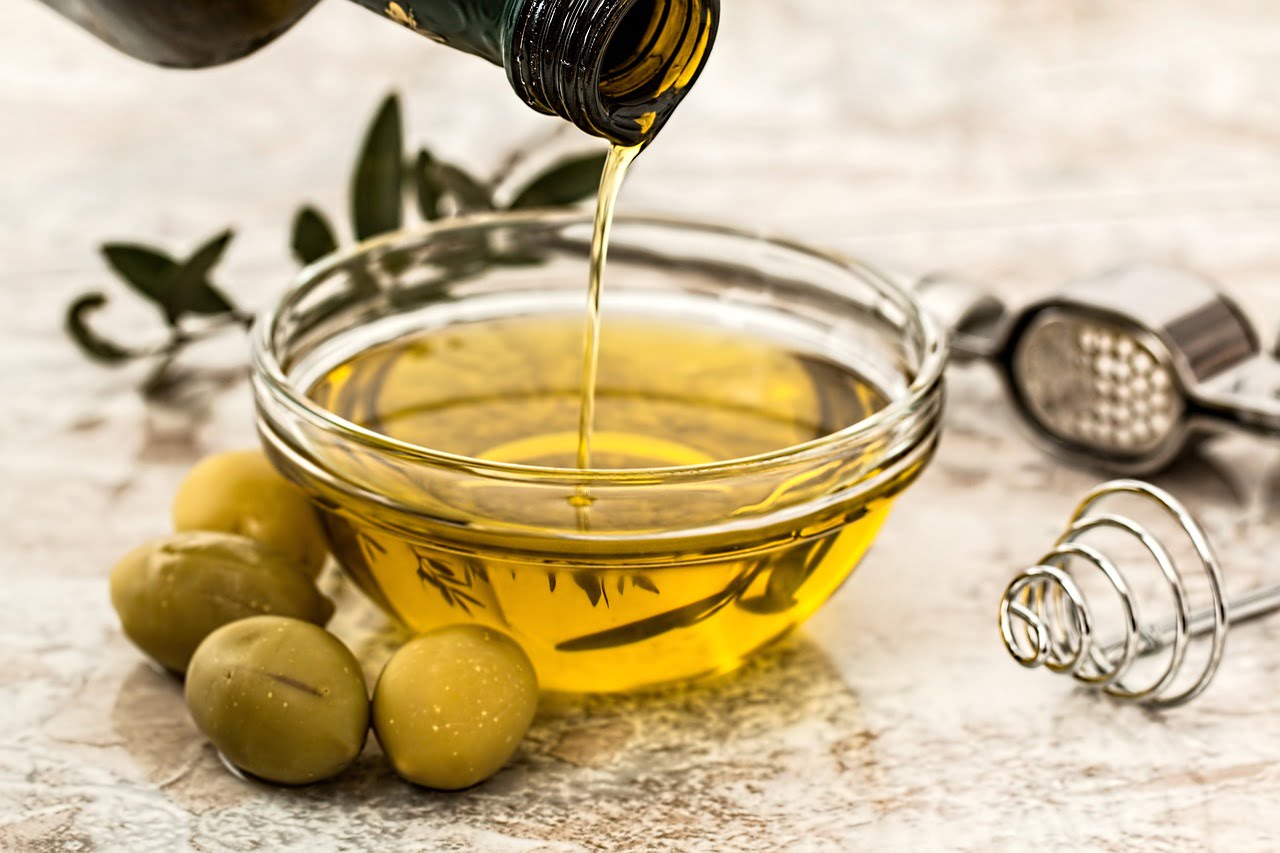Unveiling the Secrets of Everyday Cooking Oils
Vegetable oil is a staple in kitchens worldwide, but how much do we really know about this common ingredient? From its diverse origins to its surprising uses beyond the kitchen, let’s explore some interesting facts about vegetable oil that might change the way you look at this pantry essential.
The Diverse World of Vegetable Oils
When we talk about vegetable oil, we’re actually referring to a wide variety of plant-based oils. Here are some of the most common types:
- Soybean oil
- Canola oil
- Corn oil
- Sunflower oil
- Palm oil
- Coconut oil
- Olive oil
Each of these oils has its own unique properties and uses, making the term “vegetable oil” a catch-all for a diverse group of products.
Surprising Origins: Not All Vegetable Oils Come from Vegetables
One of the most interesting facts about vegetable oil is that many of them don’t come from vegetables at all! Let’s break it down:
| Oil Type | Source |
|---|---|
| Soybean | Legume |
| Canola | Rapeseed plant |
| Corn | Corn kernels |
| Sunflower | Sunflower seeds |
| Palm | Fruit of oil palms |
| Coconut | Coconut fruit |
| Olive | Olive fruit |
As we can see, most of these oils come from seeds, fruits, or nuts rather than what we traditionally think of as vegetables.
The Nutritional Profile of Vegetable Oils
Vegetable oils are primarily composed of fats, but not all fats are created equal. Here’s a quick breakdown:
- Saturated fats: Generally solid at room temperature, found in higher amounts in tropical oils like coconut and palm oil.
- Monounsaturated fats: Liquid at room temperature, prevalent in oils like olive and canola.
- Polyunsaturated fats: Also liquid at room temperature, common in soybean, corn, and sunflower oils.
Many vegetable oils are rich in essential fatty acids and vitamin E, making them an important part of a balanced diet when consumed in moderation.
Beyond the Kitchen: Surprising Uses for Vegetable Oil
While cooking is the most common use for vegetable oil, its applications extend far beyond the culinary world. Here are some interesting facts about vegetable oil uses:
- Biodiesel fuel: Some vegetable oils can be converted into an environmentally friendly alternative to diesel fuel.
- Cosmetics: Many beauty products incorporate vegetable oils for their moisturizing properties.
- Lubricants: In some industrial applications, vegetable oils serve as eco-friendly lubricants.
- Paint: Certain vegetable oils are used in the production of oil-based paints and varnishes.
- Soap making: Vegetable oils are a key ingredient in many natural and handmade soaps.
The Smoke Point: A Crucial Factor in Cooking
One of the most important facts about vegetable oil for cooking enthusiasts is the concept of smoke point. This is the temperature at which an oil begins to break down and smoke, potentially imparting unpleasant flavors and producing harmful compounds.
Here’s a list of common vegetable oils and their approximate smoke points:
- Avocado oil: 520°F (271°C)
- Refined olive oil: 465°F (240°C)
- Coconut oil: 350°F (177°C)
- Extra virgin olive oil: 375°F (191°C)
- Canola oil: 400°F (204°C)
- Grapeseed oil: 420°F (216°C)
Understanding smoke points can help you choose the right oil for different cooking methods, from low-heat sautéing to high-heat frying.
The Environmental Impact of Vegetable Oil Production
While vegetable oils are often considered a more sustainable alternative to animal fats, their production can have significant environmental impacts. Some interesting facts about vegetable oil production and its environmental effects include:
- Deforestation: The demand for palm oil has led to widespread deforestation in Southeast Asia.
- Water usage: Some oil crops, like soybeans, require substantial amounts of water to cultivate.
- Biodiversity loss: Monoculture farming for oil crops can reduce biodiversity in agricultural areas.
- Carbon footprint: The processing and transportation of vegetable oils contribute to their overall carbon footprint.
However, sustainable farming practices and responsible consumption can help mitigate these impacts.
The Role of Vegetable Oils in Global Cuisine
Different cultures around the world have their preferred vegetable oils, often based on local availability and culinary traditions. For example:
- Mediterranean cuisine favors olive oil
- Indian cooking often uses mustard or coconut oil
- Southeast Asian dishes frequently incorporate palm oil
- North American and European cuisines commonly use canola and soybean oils
These preferences not only affect the flavor profiles of various cuisines but also influence global trade patterns in vegetable oils.
Conclusion: Appreciating the Complexity of Vegetable Oils
As we’ve explored these interesting facts about vegetable oil, it becomes clear that this common kitchen staple is far more complex and versatile than it might appear at first glance. From its diverse origins to its wide-ranging applications and environmental impacts, vegetable oil plays a significant role in our daily lives and global economy.
By understanding the unique properties of different vegetable oils, we can make more informed choices about which oils to use for various purposes, whether in cooking, industrial applications, or personal care products. As consumers, we also have the power to support sustainable and responsible production practices, ensuring that vegetable oils continue to be a valuable resource without compromising our environment.
The next time you reach for that bottle of vegetable oil in your kitchen, take a moment to appreciate the rich history, science, and global impact behind this seemingly simple ingredient. It’s a testament to the intricate connections between agriculture, industry, cuisine, and the environment that shape our modern world.

